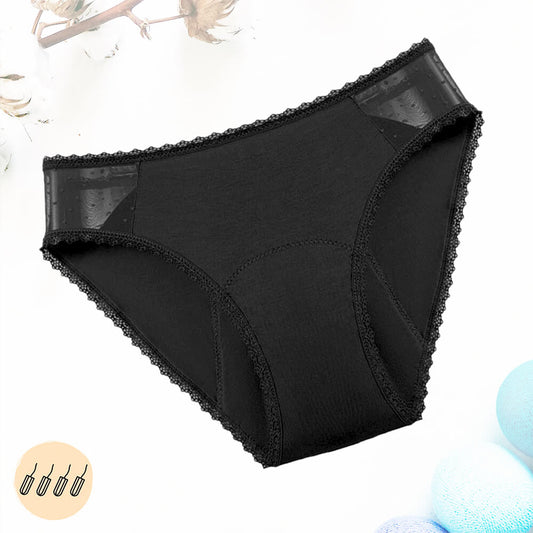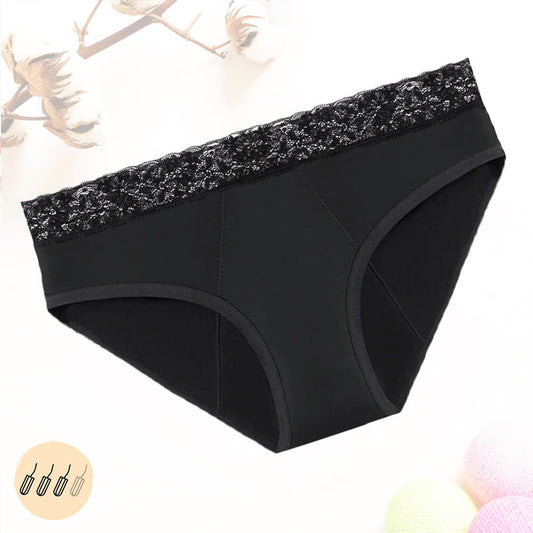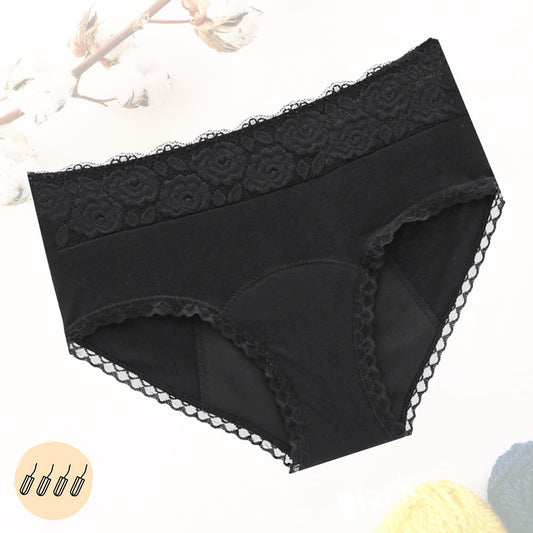
The vulvar itching are a common symptom in women. They can be associated with factors such as stress, vaginal dryness, hormonal changes, infections, vaginal mycosis and allergies. Vulvar itching can be very bothersome and can affect quality of life. The vast majority of women have experienced itching around their vulva (outer area surrounding the vagina) at some point in their lives. The vulva is a sensitive area, and the constant itching can be irritating and uncomfortable.
What to do in case of vulvar itch?
Vulvar itching is a common symptom in women, and can have many causes. They can be unpleasant and annoying, but are generally not dangerous. However, it is important to take them seriously and seek medical attention if they persist or worsen.
Vulvar itching can be caused by skin irritation, infections, allergies, or hormonal disorders. Most of the time, they are easily treatable. In some cases, they can be a sign of a more serious condition, such as cervical cancer or diabetes.
If you have a vulvar itch, first try to identify the cause. If it is due to skin irritation, you can try changing your hygiene products. If you think you have an infection, see a doctor for treatment. If you have an allergy, avoid contact with the substance that irritates you.
In general, vulvar itching does not require medical treatment. However, if they persist or worsen, seek medical attention. They may prescribe medications or creams to relieve symptoms. If you have cervical cancer or diabetes, your doctor may recommend more aggressive treatment.
Symptoms Associated With Itchy Vulva
Vulvar itching can be a symptom of a fungal, bacterial, or viral infection. They can also be caused by allergies, irritants or chemicals. Vulvar itching is often accompanied by other symptoms, such as redness, swelling, abnormal vaginal discharge, anal or vaginal burning or itching.
In some cases, vulvar itching can be caused by an allergy to chemicals such as soaps, douches, or birth control products. Other factors that can cause vaginal allergies are synthetic fabrics, latex, and certain medications. Symptoms of a vaginal allergy include itching, swelling, and redness of the vagina.
Causes of Vulvar Itching

Vulvar skin tenderness is the most common cause of persistent vulvar itching. The skin of the vulva can become sensitive to anything that comes into contact with it, for example:
- Creams
- The soaps
- The perfumes
- Deodorants
- excessive sweat
- Condoms
- Wet wipes.
- Textile dyes
- Detergents
Vulvar itching can be very unpleasant and sometimes even painful. The other possible causes of this itching can also be linked to the following pathologies:
-
Bacterial vaginosis
La bacterial vaginosis is one of the most common vaginal infections that can lead to vulvar itching due to an imbalance in the vaginal flora.
-
Yeast infections or fungal infections
In most cases, vulvar itching is caused by a yeast infection, such as vulvovaginitis candidiasis. This infection is caused by a fungus called candida albicans, which is found naturally in the vagina. Candidiasis vulvovaginitis is common in pregnant women and those taking antibiotics.
Other factors that can favor the appearance of this infection are stress, diabetes and the use of tampons or sanitary napkins. Symptoms of candidiasis vulvovaginitis include intense itching, burning sensation, abnormal vaginal discharge, and redness and swelling of the vagina.
-
Allergens and irritants to certain products
Many allergens and irritants, certain cosmetics or bath products can potentially cause a vulvar irritation. Irritants usually cause symptoms quickly, while allergens can take a few days to produce symptoms.
Some of the most common allergens and irritants that can cause vulvar itching include nylon underwear, perfumes, latex condoms, bubble bath, laundry detergent, baby wipes.
-
Vulvar lichen sclerosus
Lichen sclerosus is a chronic skin condition that can occur almost anywhere on the body, although it is most commonly seen on the genitals. Lichen sclerosus causes thinning of the skin leading to irritation and itching.
-
lichen planus
Lichen planus is an abnormal immune response that occurs when the immune system begins to attack the genital mucous membranes and skin.
-
Sexually transmitted infections
Some sexually transmitted infections (STIs), including pubic lice and trichomonas, can cause vaginal itching.
Vulvar itching can also be caused by more serious conditions such as cervical cancer or vulvar cancer. If you have vulvar itching that doesn't go away after trying several treatments, see your doctor or a dermatologist for a proper diagnosis.
How To Relieve Itchy Vulva?
La vaginal dryness is another common cause of vulvar itching. Vaginal dryness is caused by a decrease in the level of estrogen in the body, which leads to a decrease in the production of vaginal lubrication. Pregnant women, those taking hormonal contraceptives, or those who have experienced early menopause are more likely to experience vaginal dryness. Symptoms of vaginal dryness include itching, burning, and vaginal irritation.

In some cases, vulvar itching can be caused by stress or anxiety. Stress can disrupt the hormonal balance in the body, which can lead to a decrease in the production of vaginal lubrication. Anxiety can also cause muscle spasms in the vagina, which can lead to itching.
If you suffer from vulvar itching, it is important not to ignore this symptom and consult a doctor in order to determine the exact cause and receive the appropriate treatment.
How to Prevent Vulvar Itching?
It is important to keep the vulvar area clean and dry. Vulvar itching can be caused by an accumulation of sweat or vaginal secretions. It is therefore important to wash regularly with a mild soap and to dry yourself well after urinating or sweating. It is also important to change tampons, sanitary napkins, period panties or leak proof swim bottom regularly.
Vulvar itching can be caused by irritants such as chemicals, synthetic fabrics or intimate hygiene products. This is why it is important to use hypoallergenic products, wear cotton clothes and keep a good personal hygiene. Women who have frequent vulvar itching should avoid douching and hot baths.
Vulvar itching can be a sign of several conditions, some more serious than others. It is important not to ignore these symptoms and seek medical attention for proper diagnosis and treatment. Vulvar itching can be very uncomfortable, but fortunately there are effective treatments to relieve the pain and itching.
FAQ
What is vulvar itching?
Vulvar itching is a feeling of discomfort, tingling or burning in the vagina or vulva.
What are the possible causes of vulvar itching?
There are several possible causes of vulvar itching, including a vaginal infection, excess vaginal secretions, irritation from an intimate hygiene product, an allergic reaction or even polycystic ovary syndrome.
Learn more about the causes of itchy vulva.
Is vulvar itching painful?
Vulvar itching can be more or less painful depending on its cause. They can simply be embarrassing and uncomfortable, or cause severe pain.
Are there factors that increase the risk of developing vulvar itching?
Some women are more likely to suffer from vulvar itching than others, especially those who have hormonal problems, those who take certain birth control pills or those who have a weakened immune system.
What are the main consequences of vulvar itching?
If left untreated, vulvar itching can cause sores, bleeding, and even ulcers. They can also promote the transmission of vaginal infections to other sexual partners.




